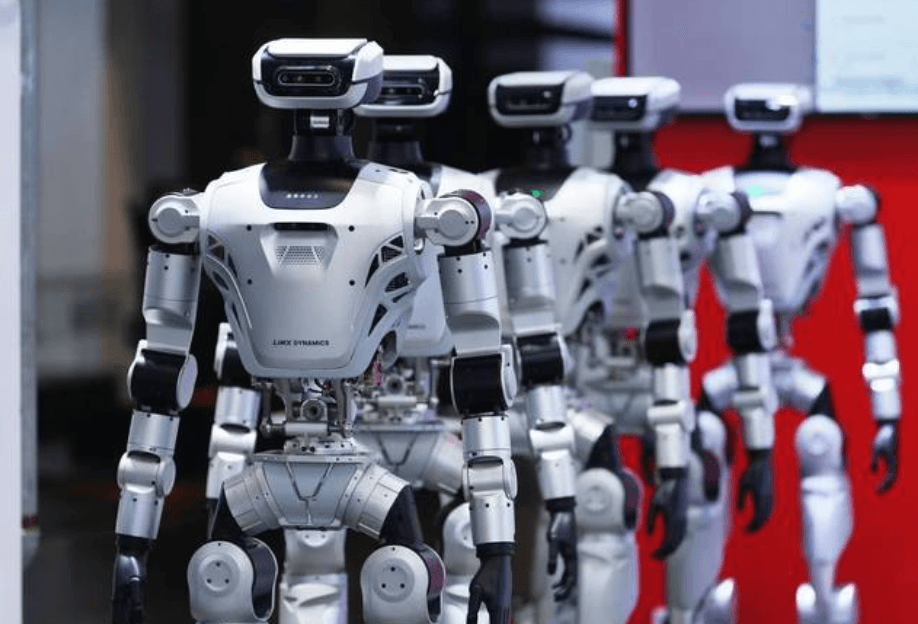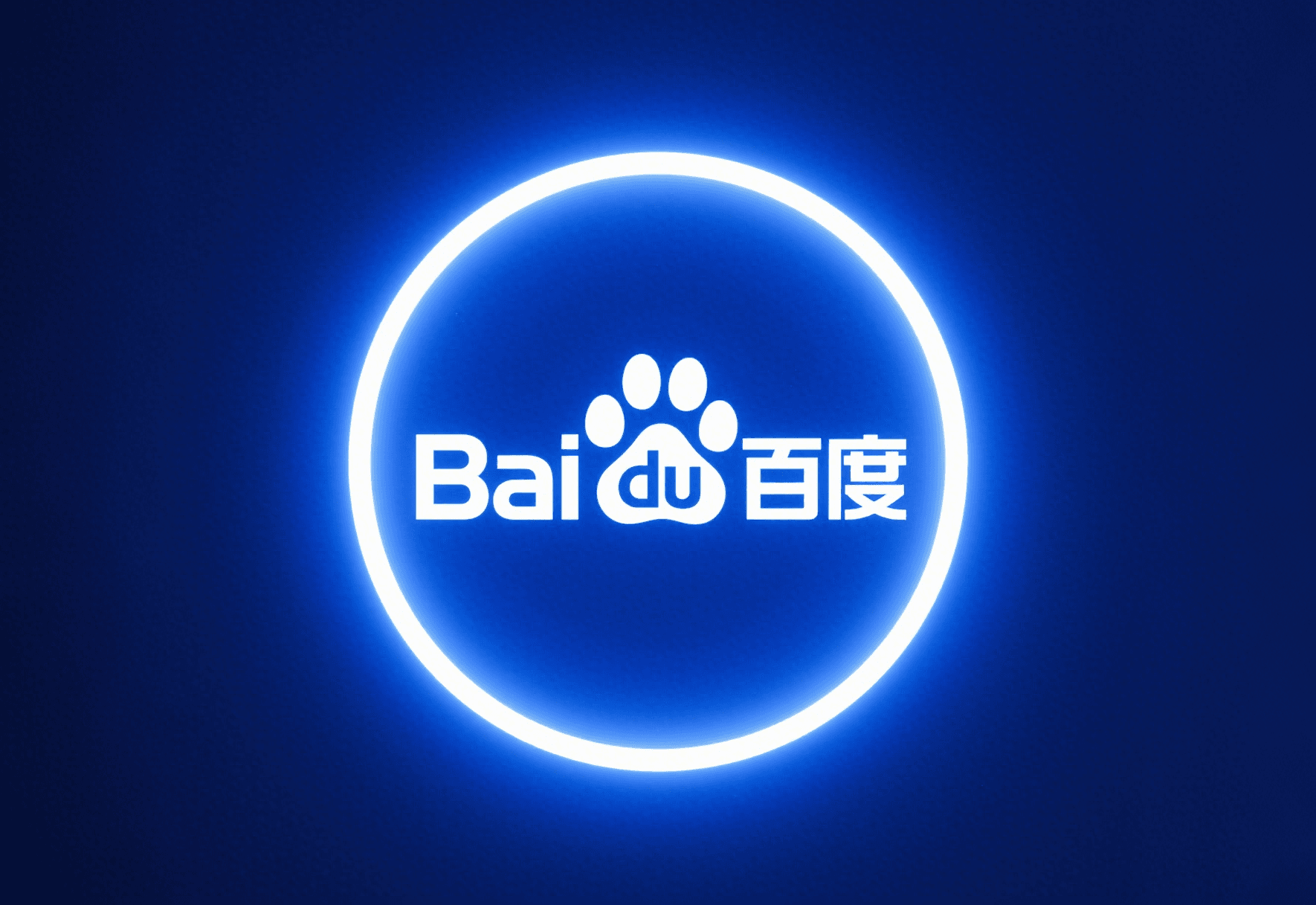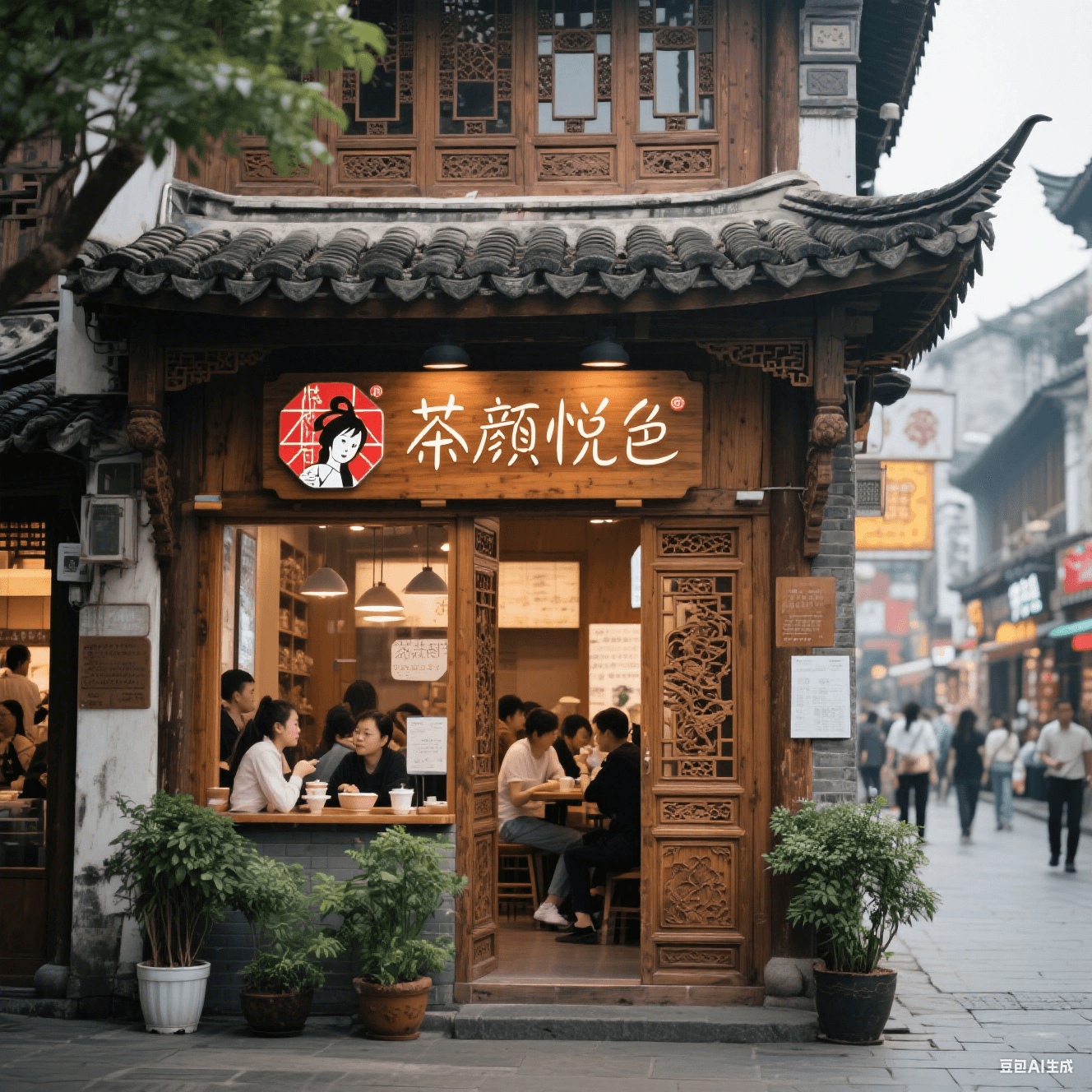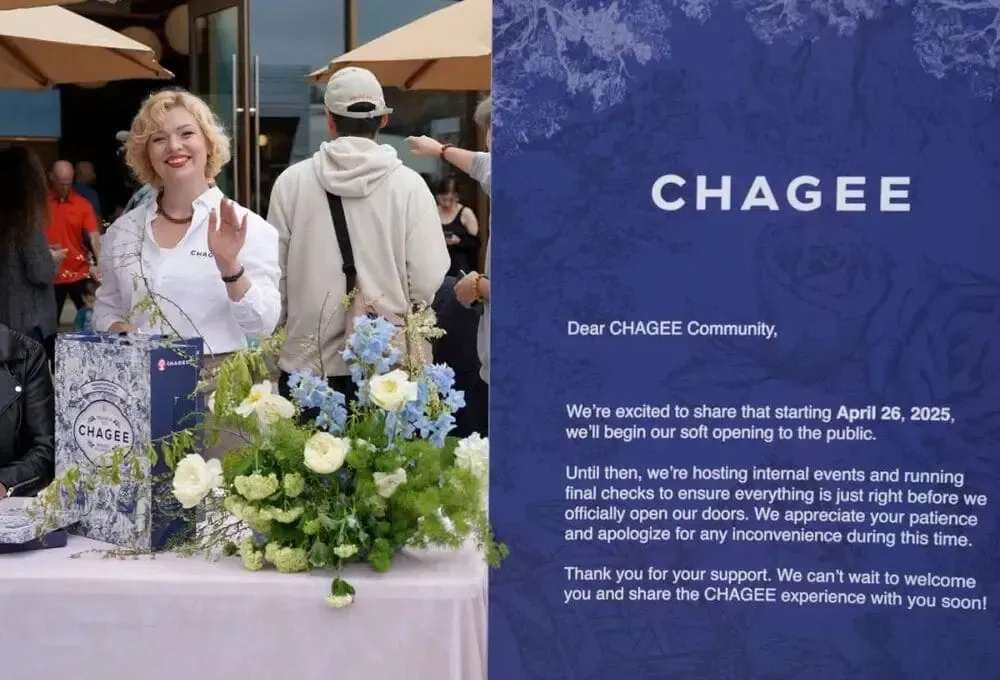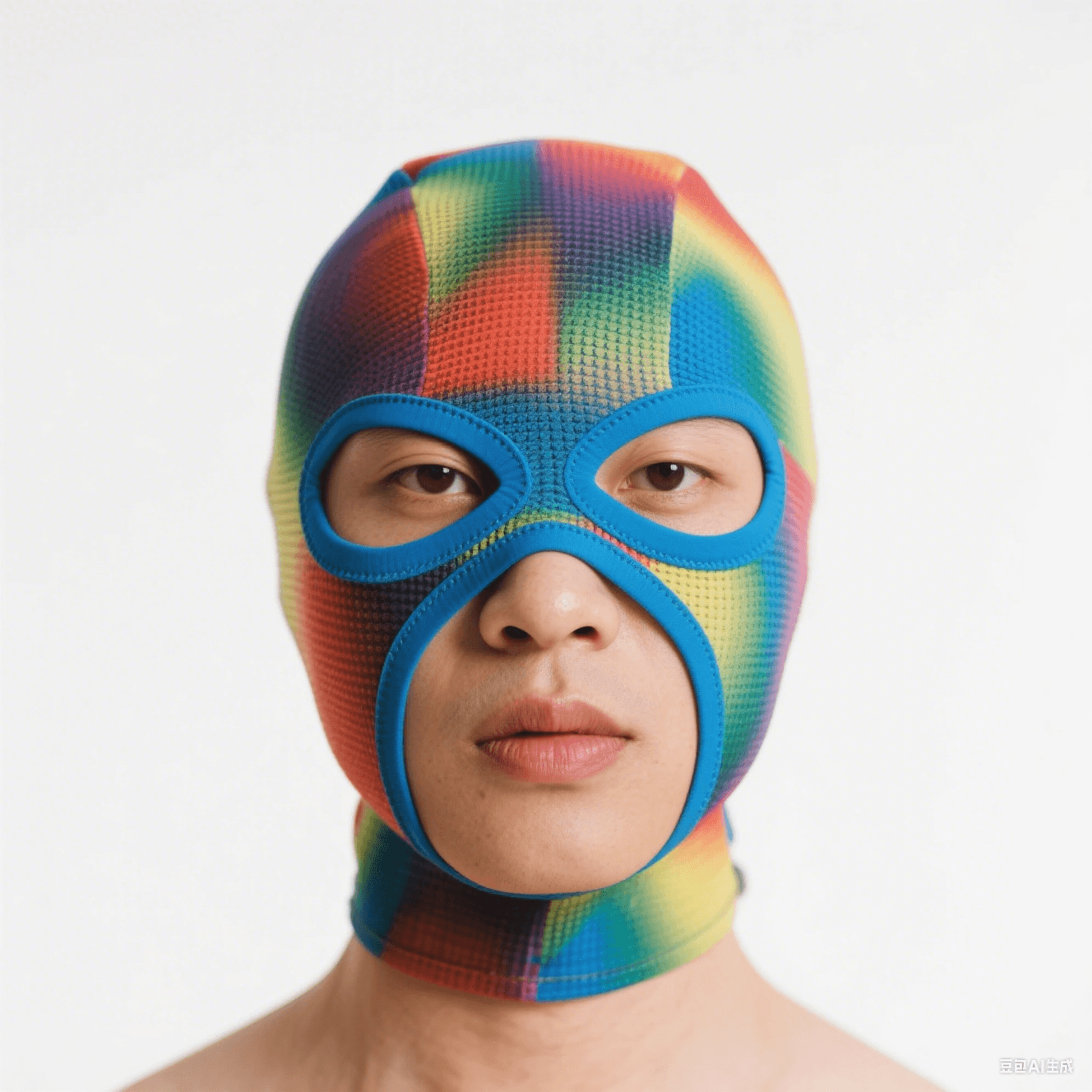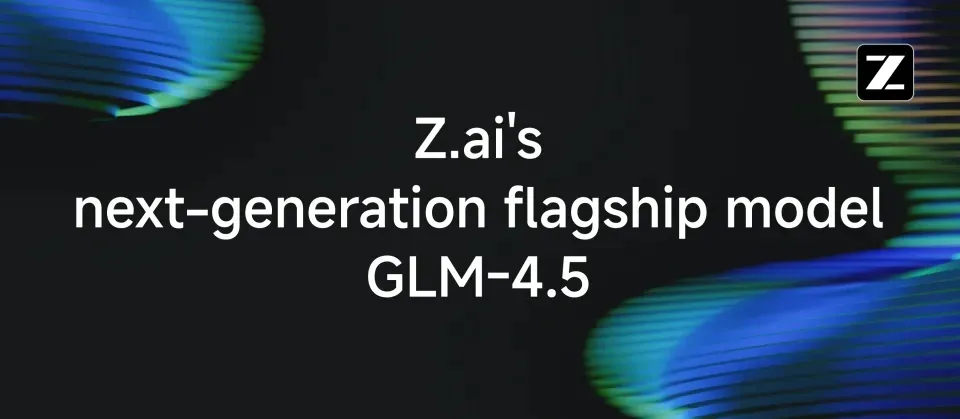
Featured Story
Zhipu AI Launches GLM‑4.5, an Open-Source 355B AI Model Aimed at AI Agents
Chinese startup Zhipu AI (now rebranded as Z.ai) has open-sourced its new flagship model GLM‑4.5, a 355-billion-parameter foundation AI model. The July 28 ann...
WAIC2025
China Proposes “World AI Cooperation Organization” at WAIC 2025

WAIC2025
AI ‘Godfather’ Geoffrey Hinton Urges Global AI Cooperation at WAIC 2025 in Shanghai

Auto
NIO's First Self-developed Chip Is Aimed at Intelligent Cabin, with Ex-Huawei Hisilicon Expert in Charge
NIO's first self-developed chip will be manufactured by Samsung, with the research and development team led by a former Huawei HiSilicon executive.

Industry
Chinese Auto-Driving Company WeRide Raises $310M in Series B Financing Deal Led by Yutong Group
China’s leading L4 autonomous driving mobility company WeRide announced Thursday it completed the Series B2 and B3 financing, marking that WeRide has raised a total of $310 million in a Series B funding.

Industry
NIO Quietly Lays Off Employees, Involving Multiple Departments Including UR Fellow
Last week, NIO made various degrees of layoffs and adjustments to departments such as UR Fellow, PT Energy Department, NIO House operations, after-sales stores, and terminal sales teams.
Latest News
Over 100 New Robot Products Debut at 2025 World Robot Conference: Dancing, Housekeeping, and Cyber Dog Walking
Three Key Highlights: Abundant Exhibits, Diverse Scenarios, and a Complete Industry Chain
Baidu AI Cloud Launches the World's First Batch of AI Digital Employees
Baidu AI Cloud has unveiled the world’s first AI digital employees, combining advanced models and industry expertise to transform enterprise operations across key sectors.
Keep Founder Wang Ning: Profitability ‘No Accident,’ AI Poised to Unlock 10x Growth
Keep, China’s leading fitness tech platform founded in 2014, achieves profitability and bets on AI to drive 10x growth by transforming into a personalized, data-driven service.
Xiaohongshu, Amap and miHoYo have Entered the AI Field
Xiaohongshu, Amap and miHoYo have entered the AI field
NovaInspire AI Platform to Debut at WAIC 2025, Paving Way for Scientific AI 2.0
A new AI-powered research platform, NovaInspire: Scientist-Centered AI Open Platform, is set to officially launch on July 26 at the World Artificial Intelligenc...
New Tea China: Brewing Culture Slowly, how Cha Yan Yue Se made it?
To understand Cha Yan Yue Se, one must begin in Changsha—a city often overlooked in China's economic narratives.
New Tea China: When the "Starbucks of the East" touches down in LA
In the end, CHAGEE’s story is both a tribute and a rejoinder: a tribute to 2,700 years of tea culture, and a rejoinder to the notion that global brands must flow westward to succeed.
40°C Heatwave Hits Hard, But “Coolconomy” Hits Harder
The sunshine is never an issue, but how we see ourselves is always a life question that we need to figure out.
Featured News
Stay Updated
Get the latest China tech news delivered to your inbox

